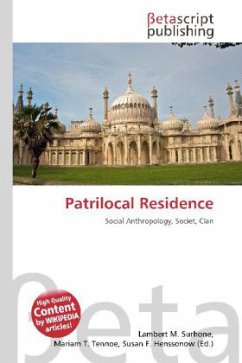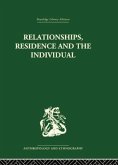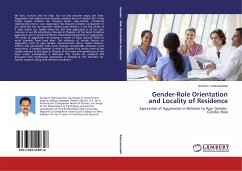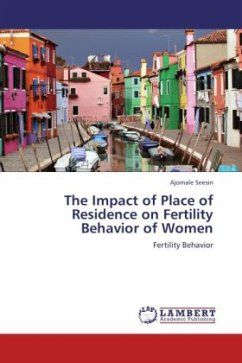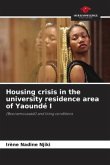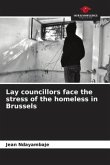Please note that the content of this book primarily consists of articles available from Wikipedia or other free sources online. In social anthropology, patrilocal residence or patrilocality (also virilocal residence or virilocality) is a term referring to the social system in which a married couple resides with or near the husband''s parents. The concept of location may extend to a larger area such as a village, town, or clan area. This practice is found in about 69 percent of the world''s cultures that have been described ethnographically; yet, it is not prevalent in the modern world any more. In a patrilocal society, when a man marries, his wife joins him in his father''s home or compound, where they raise their children. These children will follow the same pattern: Sons will stay, and daughters will move in with their husbands'' families. Families living in a patrilocal residence generally assume joint ownership of domestic sources. The household is led by a senior member, whoalso directs the labor of all other members. Matrilocal residence may be regarded as the opposite of patrilocal residence.
Bitte wählen Sie Ihr Anliegen aus.
Rechnungen
Retourenschein anfordern
Bestellstatus
Storno

